By Janet Samuel
The ECOWAS Parliament has underscored the urgent need for educational innovation, declaring that technology and digital tools must become central to learning systems across West Africa to secure the region’s future.
Speaking at a joint committee meeting on Education, Science and Culture, Health, and Commitee on Telecommunications and information technology, themed “Prioritizing education technology and innovation in the ECOWAS region held Monday in Dakar, Senegal, the 2nd Deputy Speaker of the ECOWAS Parliament, Adjaratou Tralee New Coulibaly, who represented Speaker Hadja Memounatou Ibrahim, said the region must move beyond outdated educational models. “Traditional systems, while foundational, are no longer sufficient,” she said. “To thrive in a fast-evolving world, we must embrace digital transformation.”
She highlighted progress made since the adoption of the ECOWAS Protocol on Education and Training in 2003 but admitted that many challenges persist. “We still face poor infrastructure, unequal access to digital tools, and slow implementation in some states,” Coulibaly added.
Quoting former South African President Thabo Mbeki, she stressed the urgency of action: “If Africa wants to be part of the global knowledge economy, every child must have access to digital technologies in school.”
The Speaker of Senegal’s National Assembly, El Malick Ndiaye, represented by his deputy Ismaila Diallo, echoed the sentiment, calling for a united front. “Africa’s tech scene is thriving—over 1,000 startups raised $3.4 billion in 2020 alone. We must match that energy in our classrooms to avoid marginalising our societies,” he said.
Nigeria’s Senator Osita Ngwu, Vice Chairman of the ECOWAS Parliament Health Committee, described the meeting as “timely,” urging member countries to adopt digital education frameworks. “We must stay in touch with global trends. Nigeria is doing well, but we must keep evolving, especially with the rise of artificial intelligence,” he said.
The meeting is expected to result in clear recommendations for integrating education technology across the sub-region, promoting inclusive growth, and preparing West Africa for the demands of the 21st century.
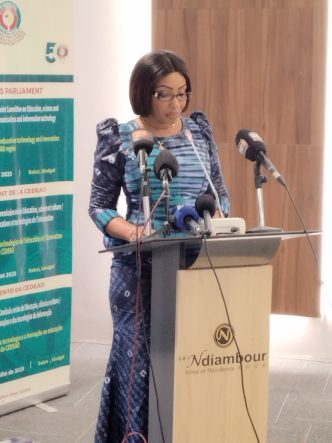
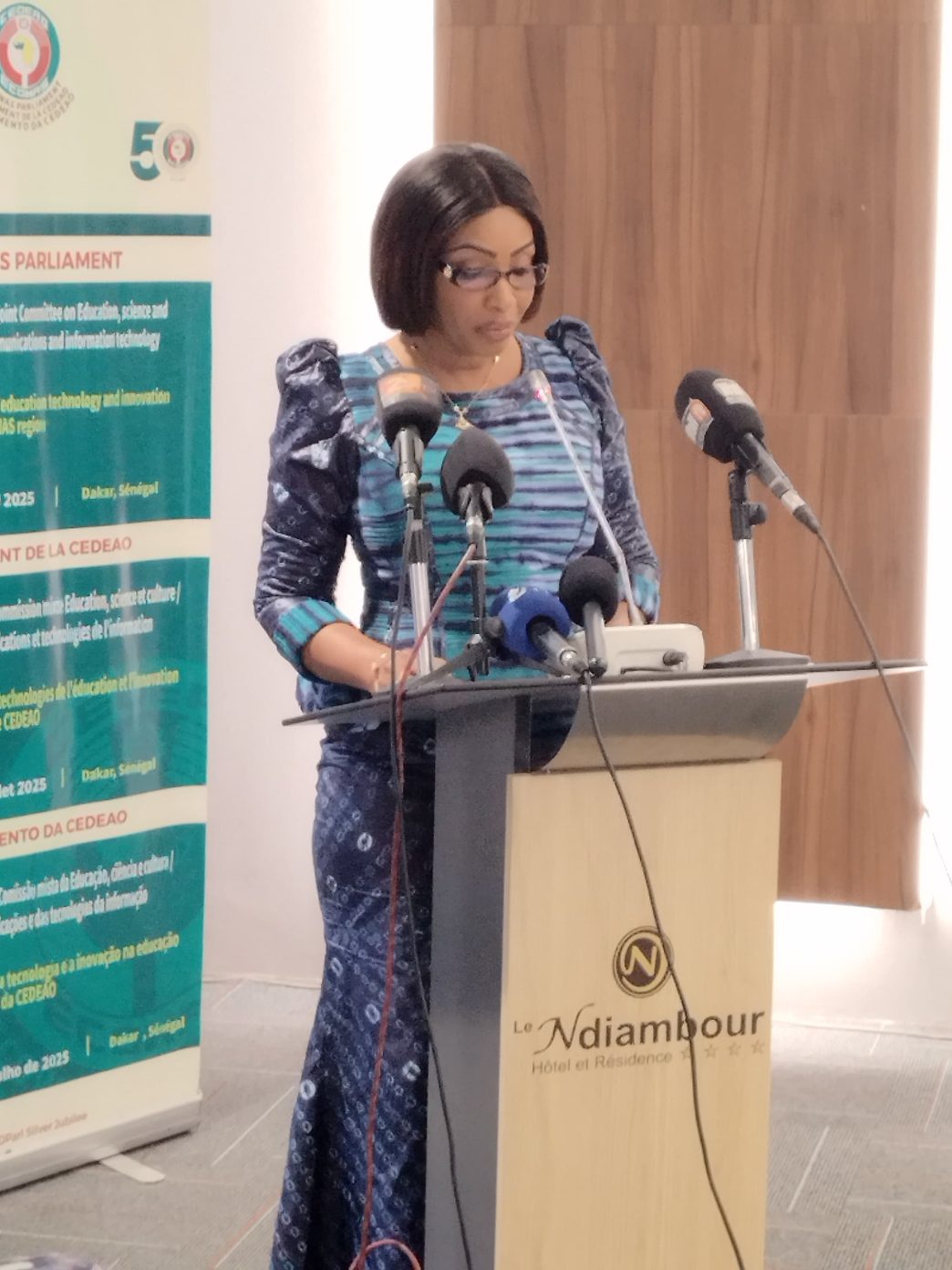


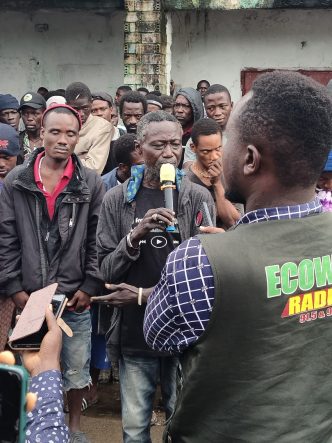

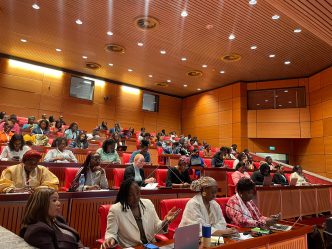
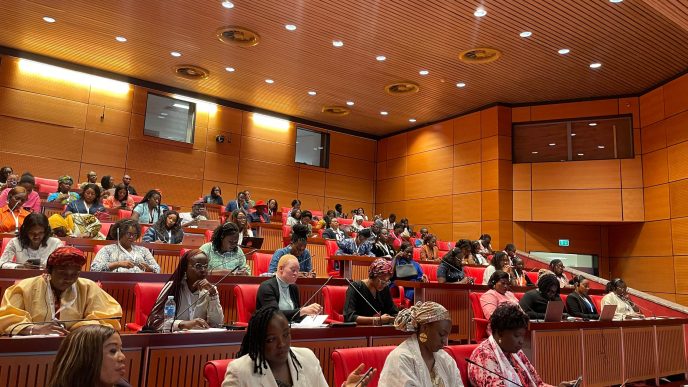




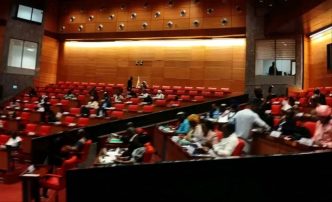
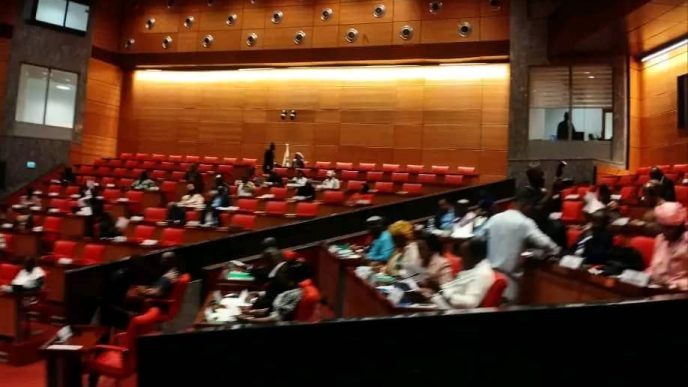
GIPHY App Key not set. Please check settings